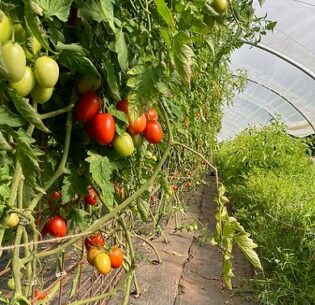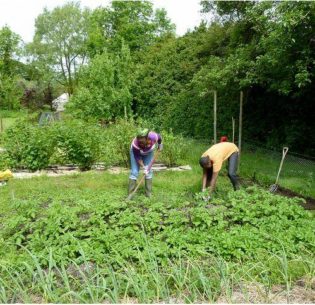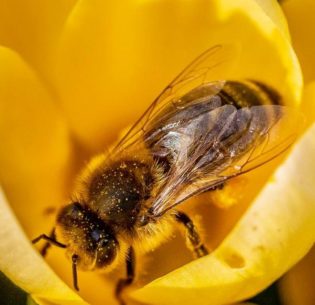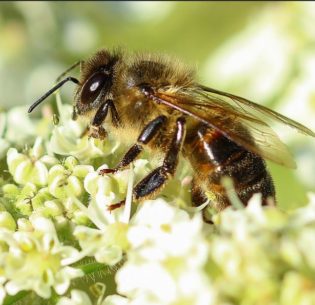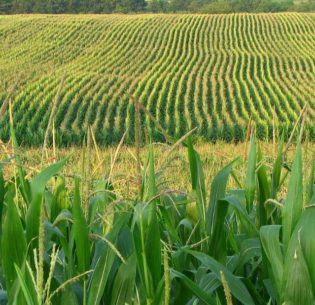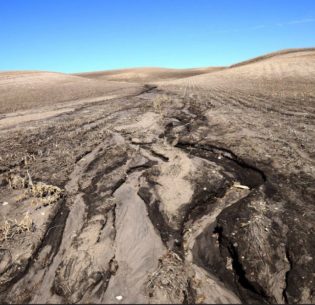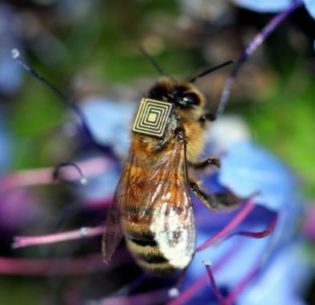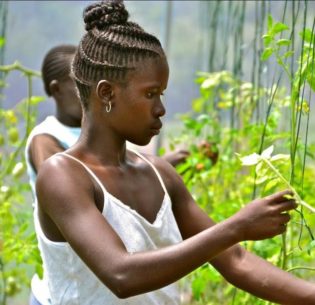Plants are not silent as most people believe, but the sounds they make are ultrasonic, too low for the hearing range of the human ear, new research shows. “An idyllic field of flowers can be a rather noisy place. It’s just that we can’t hear the sounds!” Professor Lilach Hadany from Tel Aviv University said with a smile, as the landmark research she led was published this week in the journal “Cell.”
+Read More